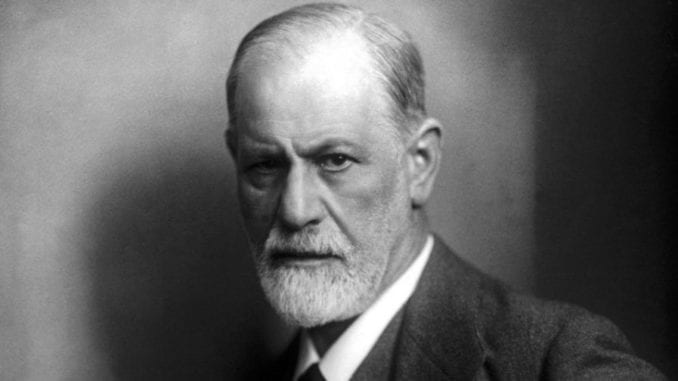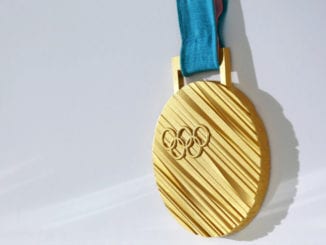
RIO DE JANEIRO, BRAZIL
The success of Mennonite athletes at this year’s Olympic games has come as a surprise to some, but according to Dr. Heinrich Freud, great-grandson of the founder of psychoanalysis, this Mennonite dominance is “just as one might expect.” The award-winning doctor and author has been closely following the careers of a number of Mennonite athletes, whom he selected by the completely reliable and unquestioned method of looking at their last names.
Among the unwitting participants in Freud’s study are Canada’s Erica Wiebe who took home a gold medal in wrestling. Freud also observed midfielder Sophie Schmidt who just medaled in women’s soccer this morning. Brianne Theisen-Eaton, who won bronze in the heptathlon, is also in the study, though Freud expressed some doubt as to her Mennoniteness due to the spelling of her last name. By analyzing the athletic dominance of these three athletes, Freud was able to uncover a myriad of intriguing insights into the human psyche.
“You see, we all have base instinctual urges,” explained Freud. “These primal desires mostly have to do with lust and aggression. When a group like the Mennonites places restrictions on the expression of these urges, people can develop neurotic tendencies…such as dressing funny or eating lots of pickled items. Occasionally, however, individuals are able to overcome these restraints, manifesting in feats of tremendous stamina and physical resilience.”
When he wasn’t watching women’s beach volleyball, Freud spent many hours smoking cigars and carefully studying the Mennonite athletes at this year’s Games. Most interesting for Freud was the wrestling event.
“In the sport of wrestling we find precisely the mixture of both the eros and thanatos. The hugging motion exhibits the Mennonite need for intimacy and closeness. In that sense it is like an embrace, an action that Mennonites normally reserve only for close relatives. While at the same time the physical violence of the sport displays a pent-up animalistic aggression, something akin to fighting over the last can of Pepsi.”
According to Freud, the attraction to soccer, or Fußball as he calls it, can be explained by the patriarchal society in which Mennonites often reside.
“It is only natural that after years of listening to men make all the decisions in church and being told a woman’s place is at the quilting bee,” said Freud, “that a young Mennonite woman might desire to kick some balls.”
The heptathlon, however, initially stumped the doctor, and he conceded that he had to delve deep into his great-grandfather’s wide body of work for inspiration.
“I think it’s important to note the number of events,” he said, “which is seven. Given its biblical importance, this number is highly significant for Mennonites and it’s not unthinkable that somewhere in the deep recesses of their minds, Mennonite athletes may be attracted to this sport for that very reason.”
Of the seven heptathlon events, however, Freud was quick to dismiss suggestions that the javelin had any significance.
“Let’s not over-analyze here,” he said. “Sometimes a javelin is just a javelin.”




